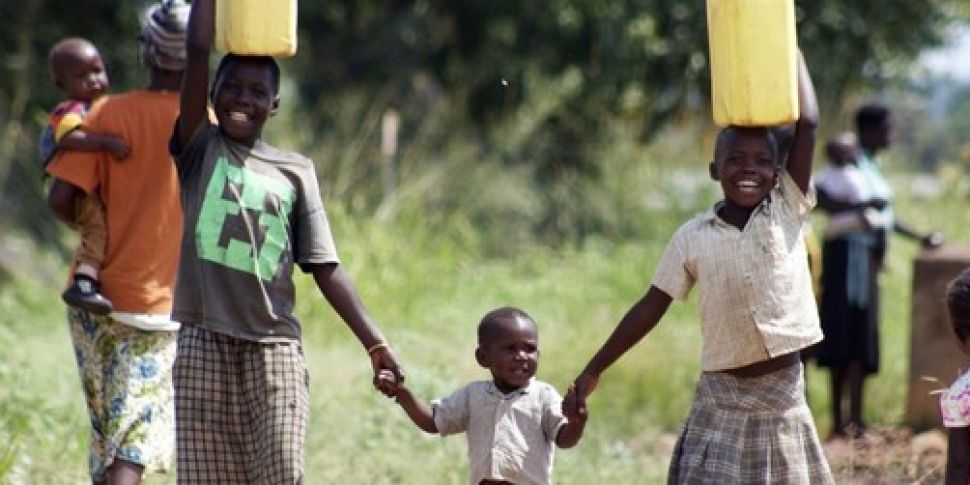When it comes to the earliest years of a child’s life, there is not much difference between young girls and young boys. Both sexes see the same rate of mental development, claims a new UNICEF study, adding that both receive the same discipline and are also equally likely to enter the school system. But as they begin to get bigger, a gap begins to appear, around the time a girl reaches the age when she can push a broom around, carry heavy water containers, or care for her other siblings.
As part of the UN’s International Day of the Girl Child, celebrated across all 193 member states on October 11th, According to the UNICEF research, girls spend on average 160 million more hours than boys on housework and chores every single day. In total, it adds to up about 50% more time spent on household tasks than their brothers, with the gaps most pronounced in South Asia, North Africa and the Middle East; in these parts of the world, girls aged 5 to 14 do twice as much work than their male siblings.
“The types of chores commonly undertaken by girls – preparing food, cleaning and caring for others – not only set the stage for unequal burdens later in life but can also limit girls’ outlook and potential while they are still young,” the study says.
According to the research, the daily grind girls undergo socialises them into believing that domestic duties represent the only work that women are qualified to do, and while tasks such as cooking and cleaning are important to family life they are not as highly valued because they earn no money.
The disregard for these task’s worth has “lasting effects on self-esteem and sense of self-worth,” while offering girls fewer opportunities to socialise, play, and learn and exposing them to greater risks of sexual violence.









